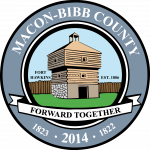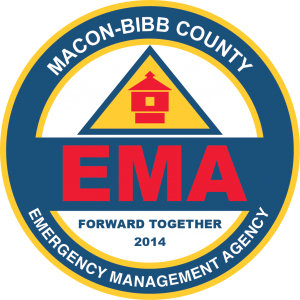Wildfires
A wildfire is an unplanned fire that burns in natural areas like forests, grasslands, or prairies. These dangerous fires spread quickly and can devastate wildlife, natural areas, and communities. Wildfires are often caused by human activity or a natural phenomenon such as lightning, and they can happen anytime or anywhere. In 50% of wildfires recorded, it is not known how they started.
The risk of wildfires increases in extremely dry conditions, such as drought, and during high winds. Wildfires can disrupt transportation, communications, power and gas services, and water supply. They also lead to a deterioration of the air quality, and loss of property, crops, resources, animals and people.
Wildfires and volcanic activities affected 6.2 million people between 1998-2017 with 2400 attributable deaths worldwide from suffocation, injuries, and burns, but the size and frequency of wildfires are growing due to climate change. Hotter and drier conditions are drying out ecosystems and increasing the risk of wildfires. Wildfires also simultaneously impact weather and the climate by releasing large quantities of carbon dioxide, carbon monoxide and fine particulate matter into the atmosphere. Resulting air pollution can cause a range of health issues, including respiratory and cardiovascular problems.
More people are living in areas at risk for wildfires, but we can take action to prepare.
- Gather Emergency Supplies
- Create a Go-Kit that has at least 3 days of supplies that you can easily grab in the event of an evacuation
- Create a Stay-at-Home Kit with 2 weeks of supplies if advised to shelter in place
- Keep personal, financial, and medical records safe
- Plan to Stay Connected
- Sign up for free emergency alerts from your local government; Sign up for MBCALERT by visiting maconbibb.us/ema/
- Have a backup battery or a way to charge your cell phone
- Have a battery-powered radio
- Learn Emergency Skills
- Learn first aid and CPR
- Utilities may be offline; be ready to live without power. Plan for your electrical needs, including cell phones and medical equipment
- Strengthen Your Home
- Use fire-resistant materials to build, renovate, or make repairs
- Find an outdoor water source with a hose that can reach any area of your property
- Create a fire-resistant zone that is free of leaves, debris, or flammable materials for at least 30 feet from your home
- Designate a room that can be closed off from outside air. Set up a portable air cleaner to keep indoor pollution levels low when smokey conditions exist
Wildfires leave behind a lot of ash that can irritate your eyes, nose, or skin and cause coughing and other health effects. Children and people with asthma, COPD, heart disease, or who are pregnant need to be especially careful about breathing wildfire smoke. Limit how much ash you breathe in by wearing an N95 respirator. Pay attention to any health symptoms you or a family member is having; get medical help if necessary.

